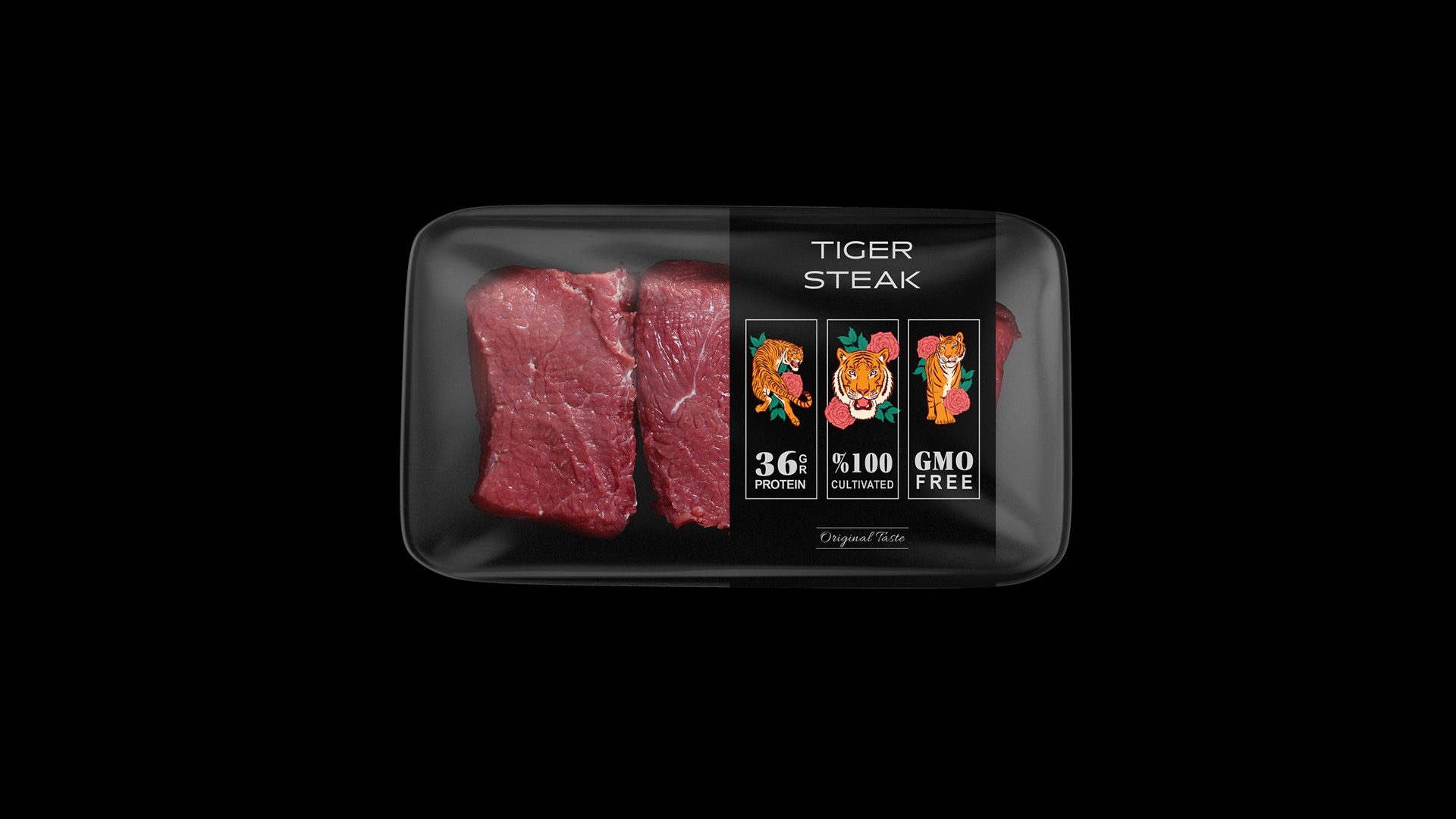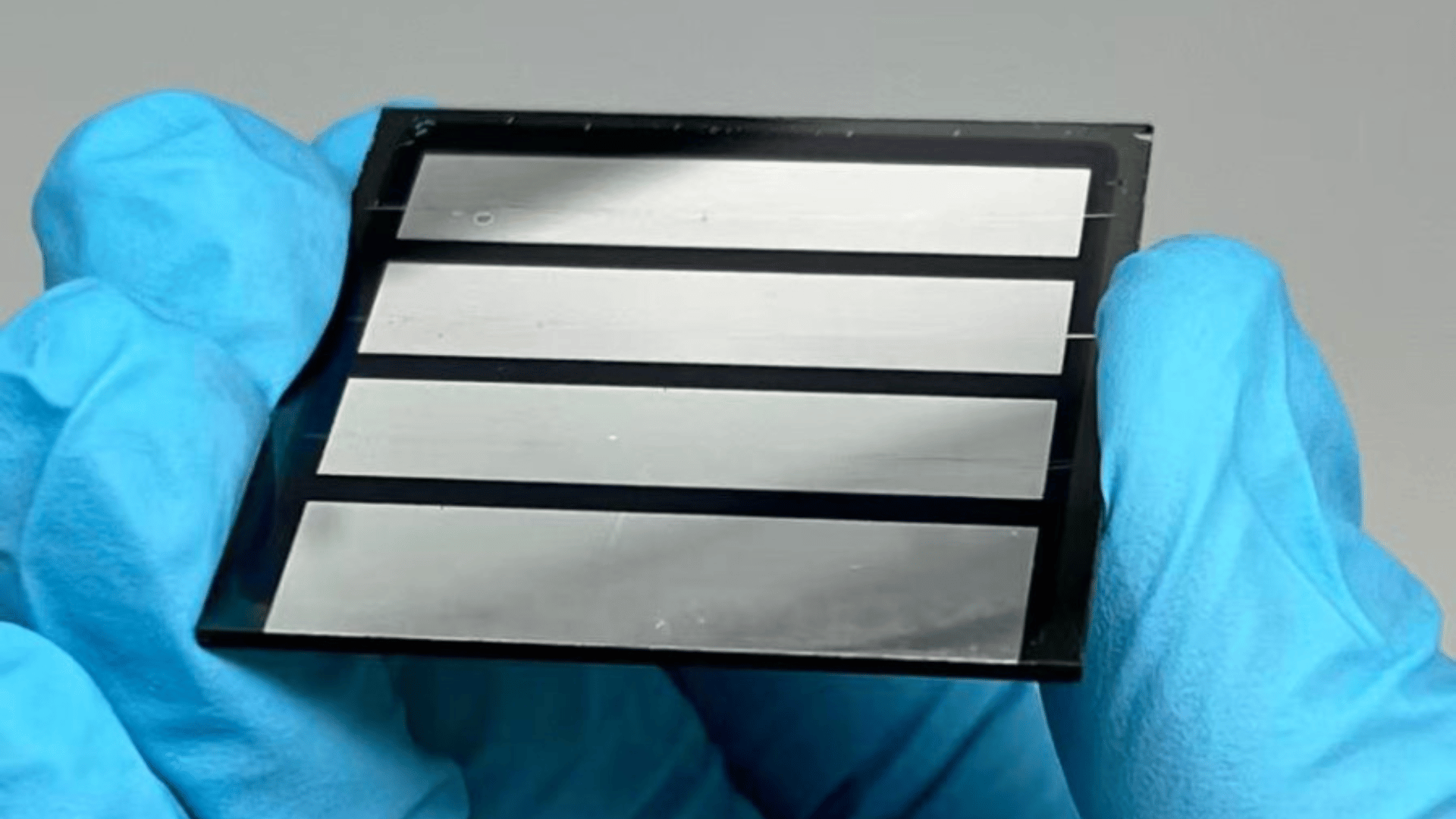Lab-grown meat company Primeval Foods is planning to bring a variety of exotic meats to the market, including zebra, lion, elephant, and tiger. But instead of butchering endangered animals, the startup replicates the meat by cultivating cells inside a lab. We talked to Yilmaz Bora, the founder of Primeval, to find out more.

TWT: Your offering of exotic meat is an innovative take on the emerging trend of lab-grown meat. Why did you decide to focus your company on exotic meat rather than the more conventional beef, chicken, turkey, or pork?
Yilmez Bora (YB): The reason why people consume traditional species like beef and chicken today is not that they are the tastiest, healthiest, or most nutritious ones. It’s because they are the ones easiest to domesticate. Since cultivated meat allowed us to go beyond domesticated species, now we can explore the tastiest, healthiest, and most nutritious ones. And based on demographics and taste preferences, we believe we will see new signature foods and dishes from each cuisine/country; for example, giraffe meat might be the new flagship of Italian delicatessen, or Bengal tiger might be the new signature ingredient in Chinese cuisine, after finding the ones that taste the best. That’s why we are focused on exotic meats.
What makes cultivated meat unique is that it is real meat, unlike plant-based meats. When using the claim “This is real meat,” it’s necessary to perfect all the other factors, such as blood, tendon, fiber, bonds in the animal meat, sensory, visual, aromatic, flavor experience, and more and more. I’m counting all these because our brain’s job is to pick every possible flaw out there; it’s how it works, and think about all the data collected thousands of times over the years about eating meat. So it is an exhausting mission to perfectly cultivate all of that while competing with an earthling that nature has perfected in thousands, millions of years.
TWT: Can you walk us through your process of creating lab-grown exotic meat alternatives?
YB: The process starts by taking a small sample from the animal. From a small sample of animal cells, we can grow cultivated meat. In conventional animal farming, cell growth occurs in an animal. We can grow the same cells in what is known as a cultivator. The cultivator facilitates the same biological process that happens inside an animal by providing warmth and the basic elements needed to build muscle or fat: water, proteins, carbohydrates, fats, vitamins, and minerals. Cultivating meat is similar to growing plants from cuttings in a greenhouse, which provides warmth, fertile soil, water, and nutrients.
This new method of meat production enables the natural process of cell growth but in a more efficient environment. The result is an abundance of cultivated meat, identical to conventional meat at the cellular level but free of pathogens and other contaminants. Cultivated meat looks, tastes, and cooks the same as the conventional one.
TWT: Is Primeval’s meat healthy and nutritious? What does it taste like?
YB: Cultivated exotic meat consumption might lead humanity to a new evolution for our brain and gut microbiome because of the unique protein and amino acid profile without the downsides, such as cholesterol and saturated fats. We will see a future where we consume cultivated jaguar meat to have better sleep and mood, cultivated elephant meat to increase our cognitive performance, or pediatrics might warn parents to feed their children with cultivated lion meat at least two times a week to have a better bone and muscle development. And those are just the tip of the iceberg.

TWT: What are the values of lab-grown meat? Is it better for the environment?
YB: According to an independent study from The University of Oxford, cultured meat could be produced with up to 96% lower greenhouse gas emissions, 45% less energy, 99% lower land use, and 96% lower water use than conventional meat.
Many more independent studies show that cultured meat can help fight the climate crisis.
And to have a meaningful and long-lasting impact, we need to target carnivores rather than vegans; I believe that should be the whole point of launching an alternative protein company. Since vegans are already vegans, making products for them won’t make any impact on animals and the environment. What makes cultivated meat so unique is that it is real meat rather than plant-based meat.
Cultivated meat provides the opportunity to reach a brand new demographic because some people will never ditch eating meat despite its negative environmental, health, and animal welfare effects.
TWT: Primeval is currently planning on launching its products in fine-dining restaurants. Do you think Primeval’s meat will ever be available for the general public? Where do you see the food industry heading in the upcoming years?
YB: Cultivated exotic meats will be the new mainstream—we are not building this as the “Next Big Thing” of Silicon Valley or another show-off food for rich people. Yes, we will start with Michelin-starred restaurants, but eventually, we want to be even in every single food truck with at least one product.
TWT: Where do you see the food industry heading in the upcoming years?
YB: At the end of the day, we will see both cultivated, plant-based, fermentation-based, and traditional meat in the market, but I believe traditional ones will have the tiniest share.







